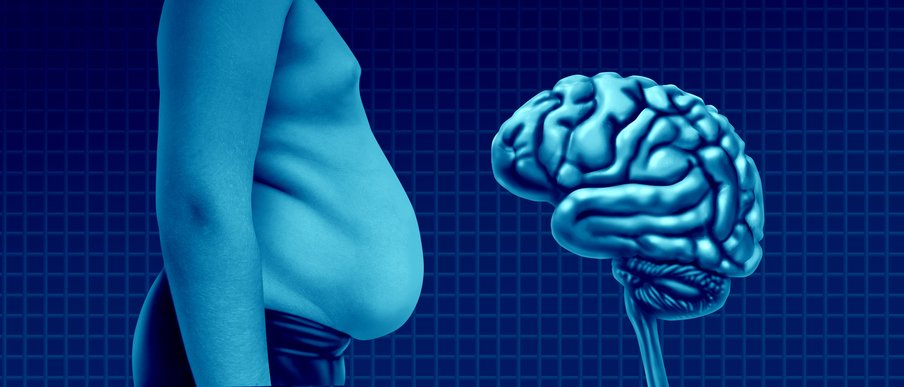Obesity Linked to Less Pleasure From Eating
A recent study found that lean people's brains respond to nutrients differently than obese people. Specifically, the obese people's brains did not respond as quickly to the presence of nutrients. Sadly, when the obese people lost weight as part of the study, their brains still did not recognize they had eaten as quickly as the lean group, explaining why diets only result in temporary weight loss. I will go over the particulars of the study in this post and what it might mean in practical terms.
Study Design
The study, recently published in Nature Metabolism, used 30 lean control subjects with BMIs below 25 and 30 obese subjects with BMIs over 30. The researchers used a nasogastric tube to place a specific amount of nutrients into the subjects’ stomachs consisting of carbs, fats, and water. The tube bypassed the mouth, ruling out taste and mouthfeel as factors in hunger and satiety.
The subjects had brain scans using functional MRIs and single photon emission computer tomography (SPECT) which looked at the activity of the brain's dopamine-based reward centers, specifically the Striatum.
The Brain, Dopamine, and Satiety
Dopamine release is associated with our brains rewarding us. When we receive a pulse of dopamine, we feel pleasure and reward associated with an activity. Regarding food and nutrients, the reward of dopamine tells us that we have achieved our goal, and we stop eating.
Unfortunately, the obese subjects did not receive their dopamine hit until they consumed more food compared to the lean subjects, which means they needed to eat more to get their reward to cease their meal.
Weight loss Had No Effect
After their initial findings that obese people need to eat more to get the same reward as lean people, the researchers had the obese subjects lose ten percent of their weight. Sadly, their brain activity did not change in response to food. They either had to eat more to feel satisfied or use willpower to stop eating, which is difficult to maintain, explaining why dieters often regain their lost weight.
Correlation Versus Causation
We should be careful here. Just because the obese people respond differently does not mean that obesity caused the different dopamine responses or that the different dopamine pulses caused obesity. The researchers can only claim a correlation between obesity and a delayed dopamine response to nutrients deposited in the stomach via a nasogastric tube, which is an unnatural scenario. Many more factors are responsible for our hunger/satiety cycles, like taste, time of day, mood, hormones, and illness, to name a few.
Variable control
The study's strength is that the researchers controlled for more variables than is typical for a nutritional study on obesity and satiety. They were able to control for taste and chewing, as well as deliver the same diet throughout the study. I am impressed at their novel approach. Most studies on diet rely on the subjects receiving directions on what to eat and reporting their diet content on questionnaires that can be infrequent. Recalling what we ate yesterday is hard enough; imagine how difficult having to recall what you have eaten for the last three months is.
Small Sample Size
One of the study's drawbacks is the sample size of only sixty individuals. The lower the sample size, the greater the chance the outcome is random. Take a single roll of dice. If a ten is rolled, it does not mean all subsequent rolls will also be ten. If we roll the dice one million times, the data will show that the outcome remains random. On the other hand, the data on cigarettes is a good example of establishing causation of cancer. The number of people studied was huge, and a clear pattern was elucidated suggesting cigarette smoking increased our odds of getting cancer.
Conclusion
We can safely conclude that there may be a connection between overeating and a delayed brain dopamine response. Further research is needed to determine if individuals are born this way or if other factors are causing the delayed dopamine response. We can conclude that chewing and taste don't affect the delayed response; however, different results could be seen if the experiment was rerun and the subjects ate the preparation. Time will tell. I recommend only eating whole foods devoid of processed carbohydrates and processed seed oils like soy, canola, corn, sesame, etc. to stay lean, or increase your odds of leanness.






